Published on: March 12, 2024
AI Tools for Audience Research: The 2024 Guide You Can’t Afford to Ignore
Author: Amy Lancelotte

Imagine tuning a radio. You want to catch your favorite music on the airwaves, but all you find is static, until suddenly, the frequency clicks, and the music flows, pure and uninterrupted, tailored to you. The revolution of audience research in 2024 is akin to this – multifaceted, curated, and intelligent. It’s not just about identifying who your audience is anymore. It’s about understanding their behavioral patterns, their mindset, their preferences, and their tendencies in the minutest detail. Enter AI-based tools for audience research, the tuned frequency in the static.
This 2024 guide to AI tools does not simply introduce you to the latest technologies and AI marketing companies. Instead, it equips you with the ability to understand your audience’s needs better than they might. Failing to harness the power of this evolving technology is not an option. It’s not just about staying ahead in the game anymore; it’s about not being left behind.
Unveiling the power of AI in audience research
- Understand the impact of Artificial Intelligence (AI) on audience research.
- Discover the best AI-powered market research tools of 2024.
- Learn how these tools can strengthen your business strategy.
How AI transforms audience research
AI is a game-changing innovation in the realm of target audience research. It not just alters, but revolutionizes the way we understand our customers, their needs, and preferences.
Even though AI can seem complex, its core function is essentially straightforward: to collect, analyze, and interpret vast amounts of data with speed and precision that can’t be matched by human capability. AI systems can process multi-dimensional datasets, reducing them into easily understandable patterns and trends. This allows marketers to gain knowledge and make quicker, more informed decisions.
What makes AI truly stand out is its capability to learn over time, improving the quality and accuracy of its audience insights with each data interaction. This means that as your audience changes and adapts, so will your AI-powered research, ensuring that you’re always one step ahead.
For a few real-world examples, let’s first look at NetBase, which offers AI-driven customer experience analytics and social media analysis, providing in-depth insights for content curation and targeting. Quantcast employs AI for audience targeting and measurement, showcasing success in bringing actionable insights and top-notch prospects to clients’ websites, including companies like IKEA and MSC Cruises.

Top AI-powered market research tools in 2024
As we navigate through 2024, several AI-based tools are shaping the landscape of audience research. These tools not only provide comprehensive insights but also save companies from the time-consuming process of manual data analysis. Below are a few notable ones:
Predictive analytics
Predictive analytics tools use machine learning algorithms to forecast future customer behaviors based on past data. They can reveal which marketing campaigns will be the most effective, the best time to launch a new product, and even pinpoint the likelihood of customer churn.
Sentiment analysis
Sentiment analysis tools use Natural Language Processing (NLP) to understand how customers feel about your brand or product, based on their social media posts, customer reviews, and comments. These tools can give businesses a ‘pulse’ on their target audience, ensuring that every marketing strategy aligns with their sentiments and preferences.
Customer profiling
A customer profiling AI tool can analyze customer data to create detailed personas – comprehensive profiles that encapsulate customers’ demographics, behaviors, and preferences. These detailed personas are crucial for creating targeted marketing campaigns that truly resonate with different segments of the audience.
Here are our recommendations for the best market research tools in each category:
- Predictive analytics – Have a look at IBM Watson, and more specifically, IBM® SPSS® Statistics, if you want one of the best AI predictive tools. This tool is useful for quickly identifying actionable insights and its ability to predict trends.
- Sentiment analysis – Brand24 allows users to track their brand perception online and determine sentiment. The AI tool scrubs for brand mentions all over the web, including blogs, social media platforms, forums, podcasts, and newsletters. Repustate is another tool that performs sentiment analysis in 17 languages. Luckily, they have a free trial option to test if this AI tool is a good fit.
- Customer profiling – Make My Persona by Hubspot offers a completely free persona generator. You can create a persona in just a few steps and choose your avatar and demographic info. Attest is another good option specifically for its customer segmentation and intuitive dashboard.
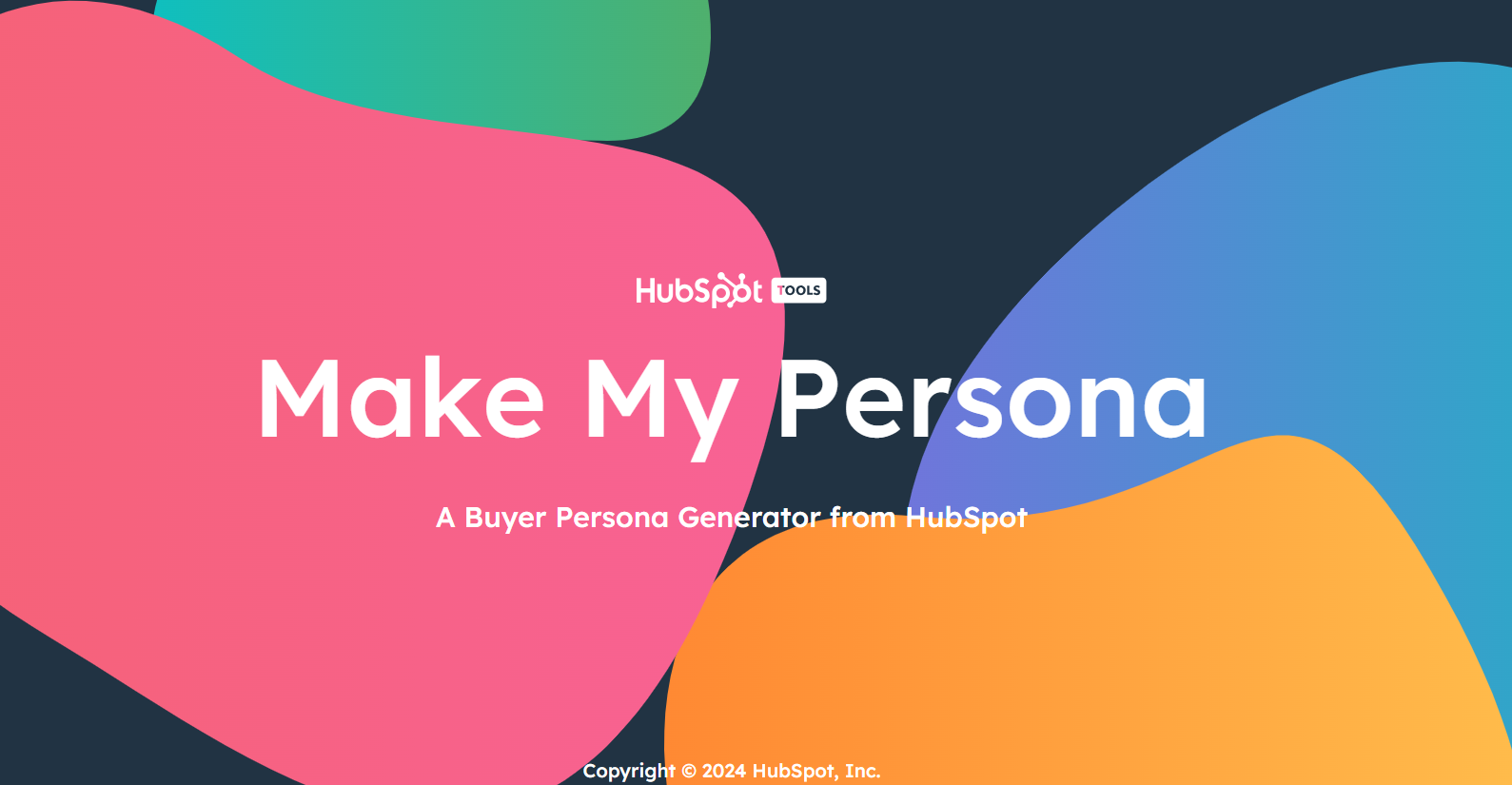
While these are just a few pioneers in the field, the landscape is evolving rapidly. Each of these tools serves a specific purpose, and employing a combination can provide deeply comprehensive insights.
Remember, technology is never a replacement for human judgment. So, while AI can help us understand our audience better, the final decisions will always be shaped by our strategic thinking and business instinct. AI is your data-driven companion in audience research; the more effectively we harness it, the stronger our business strategies become.
AI in audience segmentation: A game-changer for marketers
- AI enhances accurate audience segmentation.
- Real-life successes in AI audience segmentation show reduced costs and improved conversion rates.
The role of AI in audience segmentation
AI has become a powerful ally in audience segmentation, more precisely when dealing with substantial amounts of customer data. AI uses complex algorithms to classify and subgroup your audience efficiently, based on various parameters like demographics, purchasing behavior, preferences, or online activity. It’s about creating the right message for the right group, which leads to improved customer experiences and more engaging communications.
It’s important to note that AI doesn’t just blindfold categorize. It uses predictive analysis and machine learning to anticipate future actions based on past behavior. This proactive response is a significant step ahead for marketers.
For a more in-depth understanding and effective application of AI in audience segmentation, sites like SendPulse’s guide to audience segmentation and Compass could be useful.
Using AI in audience segmentation can be a game-changer in marketing, primarily due to the amount of time and costs it saves. It reduces the work hours involved in manual segmentation while increasing the scope of data processed.
Case study: Successful audience segmentation with AI
The power of AI in audience segmentation becomes blatantly evident when examining real-life case studies. For instance, Act-On, Act-On, a B2B marketing automation leader, collaborated with Intel to create an AI-based customer segmentation model. This innovation parses vast amounts of behavioral data like email opens and content preferences, to tailor and improve digital marketing efforts.
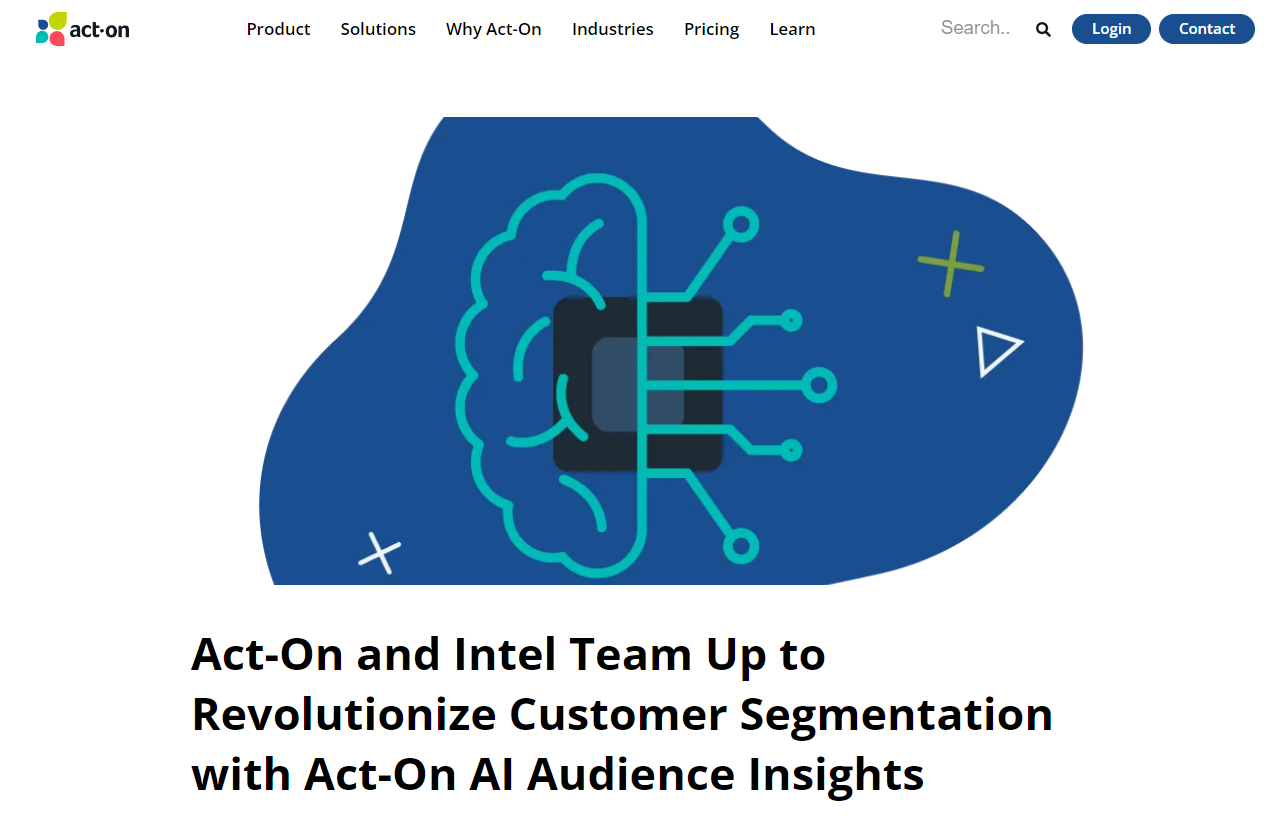
Through machine learning, it identifies patterns in customer behavior, enabling marketers to target their campaigns more effectively and efficiently. This case study exemplifies the power of AI in transforming customer segmentation processes.
The future of marketing research surely holds more advanced AI tools, forming an integral part of everyday marketing strategies. Segmentation will become more refined, and customer targeting will reach unprecedented levels of precision. AI, therefore, is a trend to watch and imitate for all who strive to keep pace with the rapidly evolving marketing landscape.
AI tools for marketing research: The future of marketing
- Artificial intelligence is transforming marketing research at an exponential rate.
- Marketing automation seamlessly merges with AI, offering unprecedented advantages.
How AI tools are revolutionizing marketing research
The use of AI tools in market research isn’t just a trend; it’s a transformative force leveling up marketing strategies. AI presents innovative solutions to complex marketing issues, offering an extensive array of benefits, such as prediction accuracy, cost-effectiveness, and time-saving practices. The use of AI tools like machine learning and natural language processing enables marketers to delve deeper into customer behaviors, purchasing patterns, and engagement strategies.
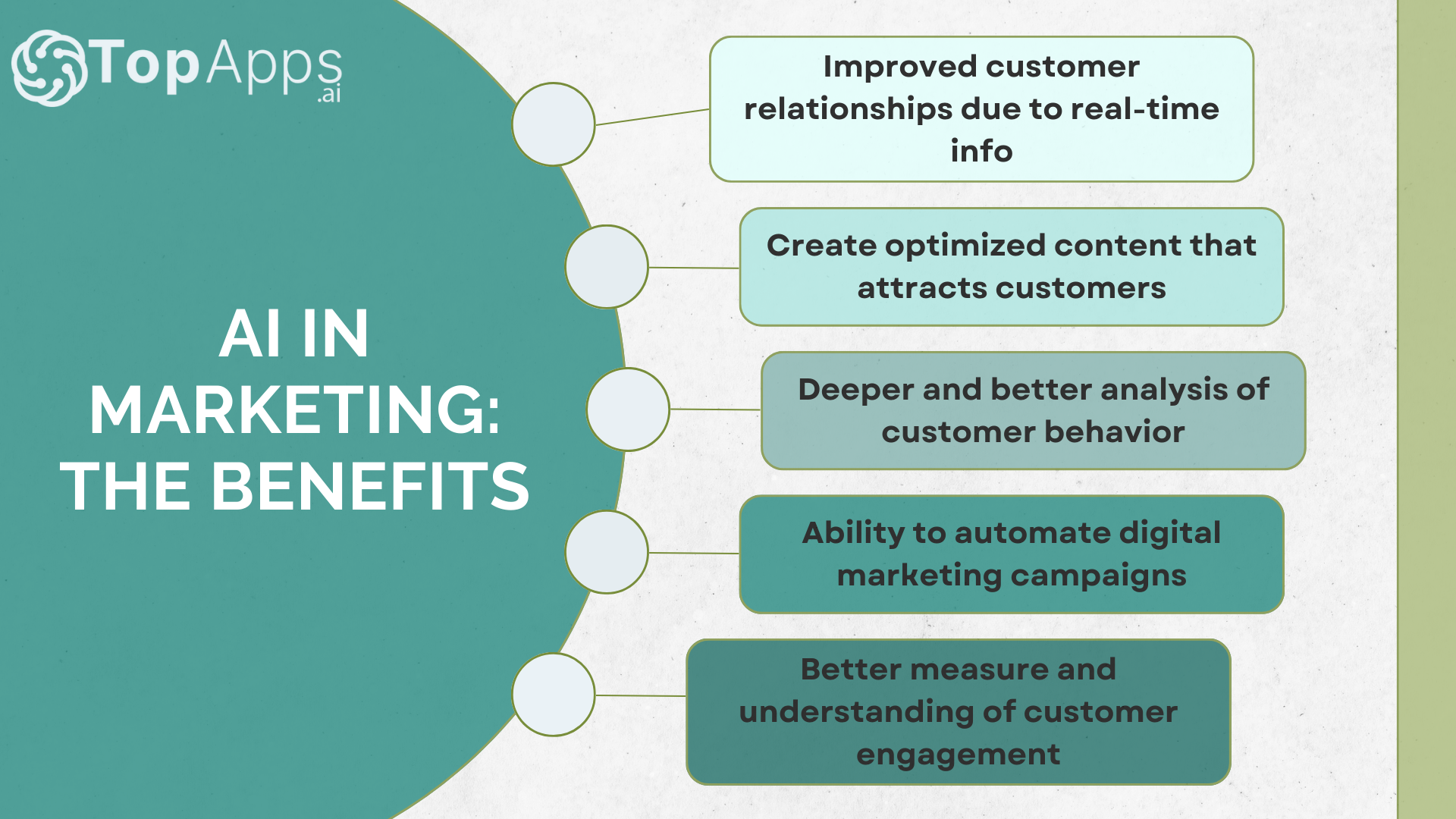
More than just understanding clients, AI equips researchers with predictive techniques to assess future consumer behavior. Machine Learning algorithms, for example, are particularly adept at pinpointing trends, enabling businesses to stay one step ahead. Therefore, businesses are now able to create more precise, targeted marketing campaigns that appeal directly to their customer’s needs and desires in real-time or even before they arise, providing a level of service and product relevance that was simply unachievable in the era before AI.
With its data-processing capacity, AI can swiftly synthesize large amounts of data, leaving no room for human error. This efficiency not only helps businesses make data-driven decisions rapidly but also opens the door to micro-targeting—enabling laser-focused marketing approaches.
AI and marketing automation tools: A perfect blend
The combination of AI and marketing automation tools opens a new world of opportunities for businesses. Marketing automation solutions, widely known for streamlining repetitive tasks, can now execute these duties with unprecedented precision thanks to AI. Time-consuming tasks such as managing social media posts or analyzing conversions are now delegated to AI-powered tools, freeing up marketers to invest their energy in strategy development and implementation.
AI-powered chatbots are excellent examples of seamless integration between AI and marketing automation. They deliver round-the-clock customer service, responding to client inquiries instantaneously and efficiently, which improves customer satisfaction and potential conversion rates. With more time and resources available, businesses can focus on what they do best, creating an overall boost in productivity.

The synergy of AI and marketing automation tools is not merely enhancing marketing strategies; it is setting up a new standard, preparing businesses for a marketing future that tests the limits of their adaptability and innovation. So it’s no wonder why an increasing number of businesses are turning to AI and machine learning to breathe life into their marketing strategies.
Supplementary information: Understanding the basics
- Gain a granular understanding of audience research.
- Uncover the mechanics of AI in marketing.
- Get to know how to integrate these tools for audience research.
What is audience research?
Audience research is the process of examining and analyzing the interests, behaviors, and demographics of a specific audience. A strategy that’s crucial in understanding the needs and motivations of potential customers in your target audience. As businesses strive to create relevant and personalized content, understanding audience behavior becomes indispensable. More than knowing their age or occupation, it’s about tapping into their preferences, feedback, and actual behaviors.
What is AI and how does it work in marketing?
AI or Artificial Intelligence is the simulation of human intelligence processes by machines. In the realm of marketing, AI can redefine how brands communicate with their audiences on a scale that’s both personalized and efficient. With AI, marketing is not just more streamlined, but also targeted, able to deliver the right message to the right person at the right time. For example, by analyzing vast data sets, AI can predict which leads are likely to convert, helping businesses focus their efforts where they’ll yield maximum return.
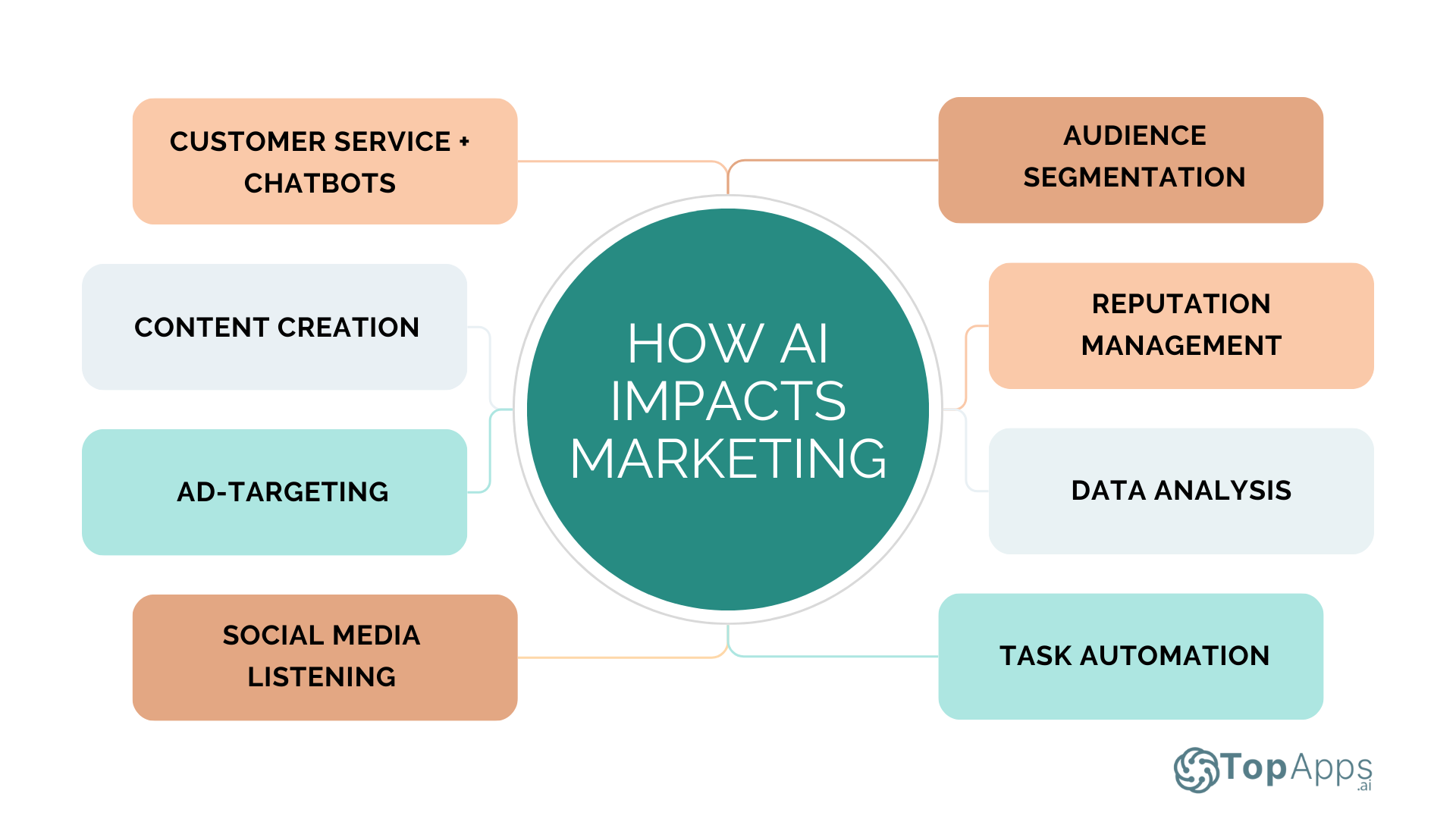
AI impacts marketing at various levels, from content creation to customer service. For instance, in content creation, AI marketing tools can examine numerous variables to generate personalized content for different audience segments. Similarly, in customer service, chatbots powered by AI can address customer queries 24/7, promising an unmatched customer experience. These are just a few examples of how AI is reshaping marketing landscapes across industries.
The future of AI in audience research
The future relationship between AI and audience research looks beyond promising. More businesses are investing in AI tools to gain deeper insights into audience behavior and patterns. Predictive analytics, personalization, and customer segmentation will become more precise with the evolution of AI, offering brands valuable insights into their audience. As AI matures, it will not only shape marketing strategies but also help businesses stay ahead of evolving customer expectations.
AI will continue to work its magic and likely improve the returns for those who use it. According to the McKinsey report on AI-powered marketing and sales, companies adopting AI technologies can experience revenue uplifts between 3% to 15% and a sales ROI uplift of 10% to 20%. As technology gets more advanced, these returns may also increase.
Getting and implementation
Implementing AI tools for audience research is a process that requires careful planning. Begin by understanding the needs of your business and the gaps in your current research methodology. Familiarize yourself with the various tools available and choose one that aligns with your needs. From there, allow for an adjustment period and then measure the impact. Remember, effective implementation is about consistency and patience.
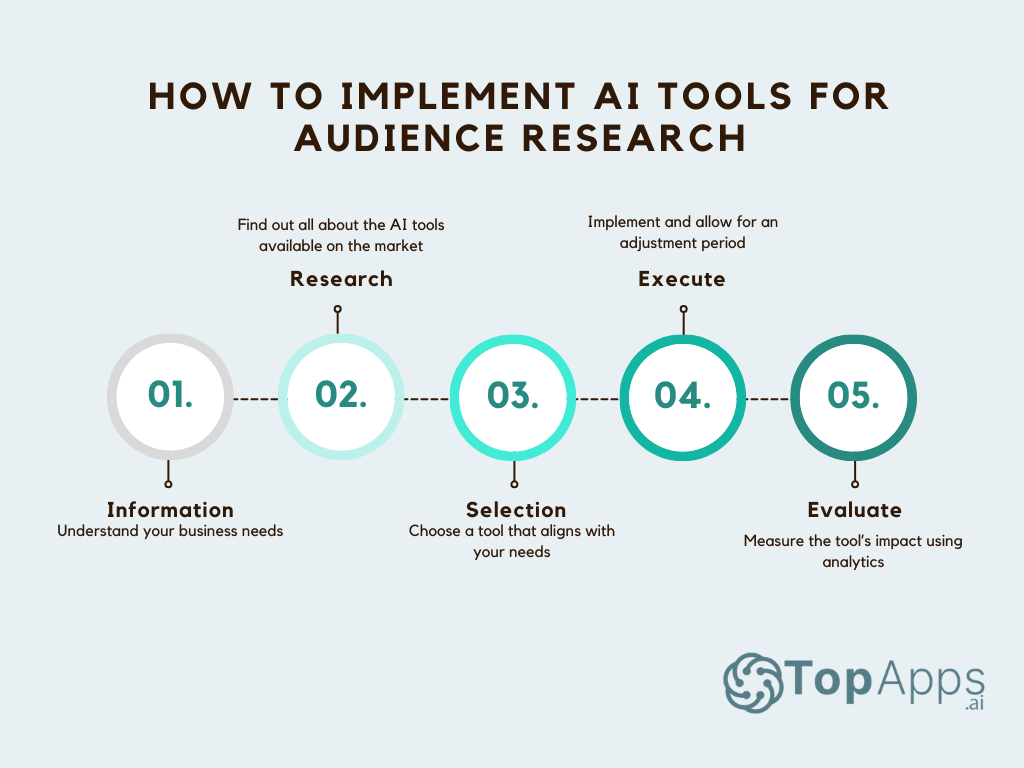
The future in your hands: Harnessing AI for audience research
In the realm of audience research, an AI tool is a potential game-changer, promising unprecedented actionable insights for businesses looking to make their marketing strategies more personalized and effective. The road to successful implementation of AI, however, requires a deep understanding of both audience research and AI, ensuring the right choices are made for individual business needs. With this foundation, businesses can begin to make full use of the promise AI holds for audience research.
Now, when using AI for market research, users gain a higher degree of personalization and help in data-driven decision-making based on customer insights. This power arms businesses with the foresight to meet consumer needs even before they arise.
AI market research can take a bunch of forms. Data scientists and marketers can use it for social media monitoring and social media management, to make predictions about behaviors, sentiment analysis, and even create customer personas. How you use to maximum target audience reach it is entirely up to you!
Remember, there’s no better time than now to get ahead in this AI-powered world. After all, these aren’t just tools, they’re your business amplifiers for the future. So, are you ready to navigate your way to success? Here’s to harnessing the power in your hands.
Amy Lancelotte
TopApps writer
Recent Articles

Learn how to use advanced search tools, newsletters, and reviews to uncover the perfect AI-focused podcast for you.
Read More
Explore the top beginner-friendly AI podcasts. Our guide helps non-techies dive into AI with easy-to-understand, engaging content. AI expertise starts here!
Read More
Explore the features of The AI Podcast and other noteworthy recommendations to kick your AI learning journey up a notch. AI podcasts won’t...
Read More